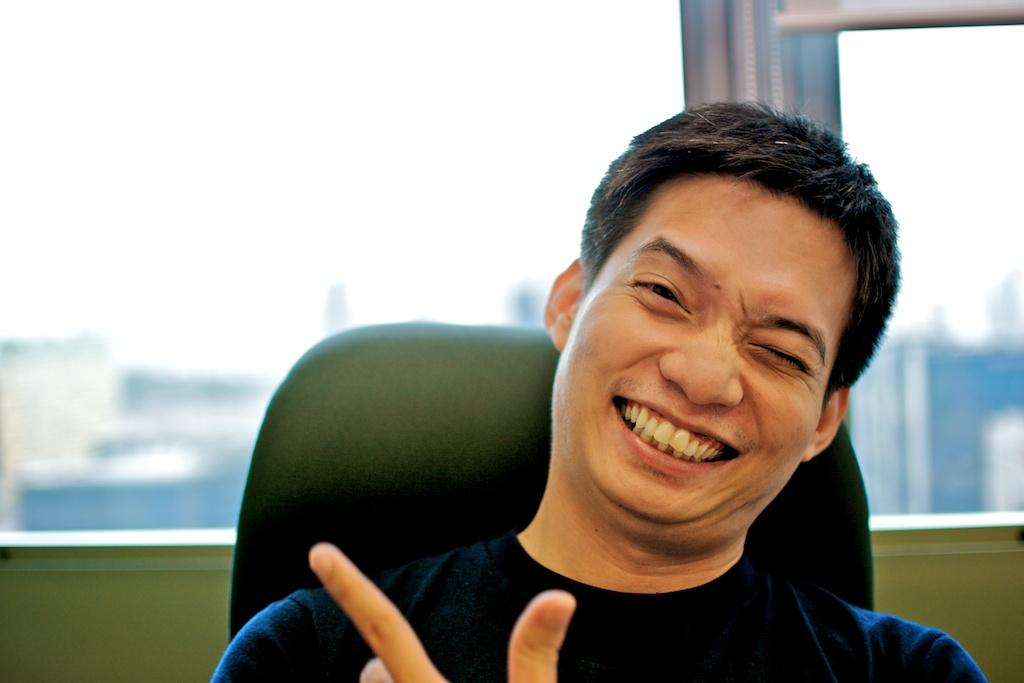Careers at Thoughtworks
[Episode 2] A Day in the Life of a Thoughtworks' Tech Lead: Minna Yao



Disclaimer: The statements and opinions expressed in this article are those of the author(s) and do not necessarily reflect the positions of Thoughtworks.
